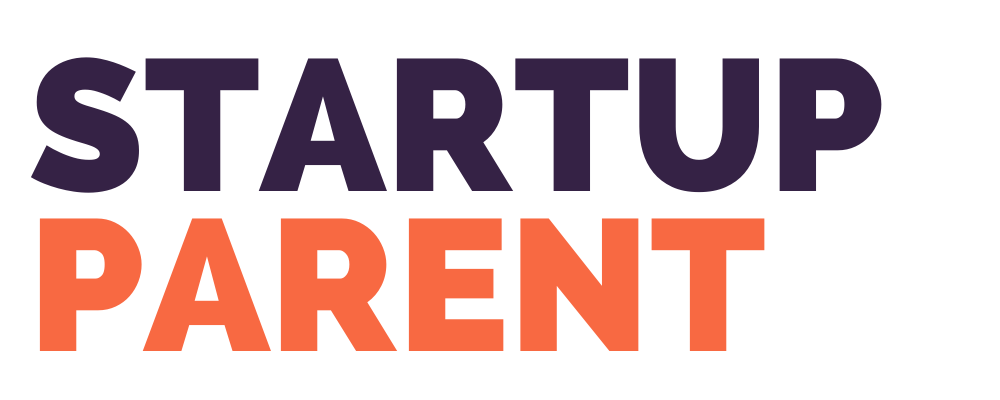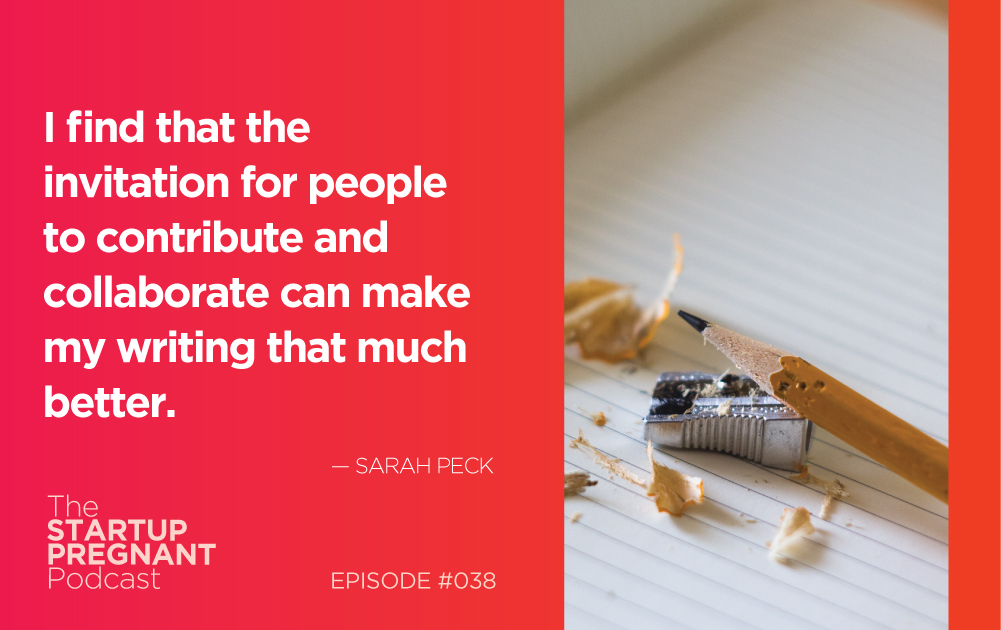You’ve Got to Keep ‘Em Separated: The Three Phases of the Writing Process
The pressure to be perfect can stop us from putting our ideas on paper—or screen, as the case may be. Today, I want to break out into a short episode to talk about writing strategies and tips you can use if you are a small business owner.
In the last episode with Tara Gentile, she shared an awesome tip for how she frames writing as the beginning of a conversation (listen to Episode #037 here).
If you’re new to Startup Pregnant, welcome! We’re a weekly show that airs every Monday with a long-form interview, featuring pioneering women, entrepreneurs, and parents. And this month, I’m doing an experiment with the show — for the month of March 2018, I’ll be sharing a short, 10-15 minute mini-episode that follows each of my long-form interviews. These bite-sized episodes will be focused on a specific tool, strategy, or idea that you can immediately put into practice, often related to something a guest and I talked about in the longer interviews before.
In Episode 37, Tara Gentile described her ‘call and response’ approach to the writing process. Today, I’m digging into this concept, explaining how collaboration makes my writing better.
I also walk through the three phases of the writing process, describing how each piece requires a different part of my brain and why it’s useful to separate ideation, execution and editing. Listen in as I break down the writing process, offering tips and tools to help you start a conversation of your own.
The Startup Pregnant Podcast Episode #038
Some quotes from the episode
- “It’s like you’re preparing for the conversation [with your writing], not that you’re having the final word.”
- “When you think about [writing] like a call and response, and then you’re asking people to weigh in, I find that … the invitation for people to contribute and collaborate can make my writing that much better.”
- “[Ideation] is separate and that takes its own time and its own structure and its own rhythm. The execution—the writing about something, the writing, the researching, the thinking—that’s a completely different part of my brain.”
- “I can do super fine tune details, but then I miss the big picture. And I can do big picture stuff, but then I’m not even paying attention to the details.”
- “When I’m editing, I do a couple different rounds: First, I just read the whole thing through with that part of my brain on that’s looking specifically at the details, and then I switch screens … because the different styling and setup and design, I see new things all the time.”
- “Writing can be in three parts: There’s the ideation … the execution … and then there’s the fine-tooth editing, and those three things require three different parts of my brain. Separating them out and giving them each their own space has been life-changing for me in terms of my writing practice.”

